- JAPANESE
- LANGUAGE
X
 THAT IS GOOD
THAT IS GOOD
Why did I want to go to Cuba in the first place?
Because of the music, of course.
From DateGen, formerly of Orquesta de la Luz, who was a member of the band-like collective experimental performance group called NXS that I was active in at the time.
while borrowing two cardboard boxes of Latin-related CDs, I found one extraordinary piece.
I think it falls into the so-called Latin jazz genre,
it is the most African, or indigenous, of the two boxes, but it has a sophisticated melody,
a spiraling, smooth groove, a fresh, clear impression from the sound,
and it is uplifting, yet calm and cheerful.
At that time, I had listened to various performances on records and CDs, but
the naturalness of expression was different from the mastery of technique shown in, for example, progressive rock.
After searching for the reason why this CD is such a masterpiece,
as the name of the band on this CD, “Los Terry : The Terry Family,” suggests,
I guess that’s largely because they are a family band.
A family performance. I think this is an unlikely case,
That very intimacy relaxes the performer, and it’s not like a competition,
increase the level of harmony.
Improvisation, especially in jazz, often has a somewhat battling aspect to it,
but this was not the case here.
Each member genuinely supports the other, enjoys playing, and enriches each other’s expression.
I’m listening to the CD again as I write this, and I feel like I’m about to cry.
Yes, what is here is an “ideal”.
From the family performance, I see the “dream” of success of the minimum human social structure.
Music can sometimes make us imagine unattainable dreams.
It’s not 0 or 100 whether it’s achievable or unachievable; if it’s even 1%, there’s a possibility.
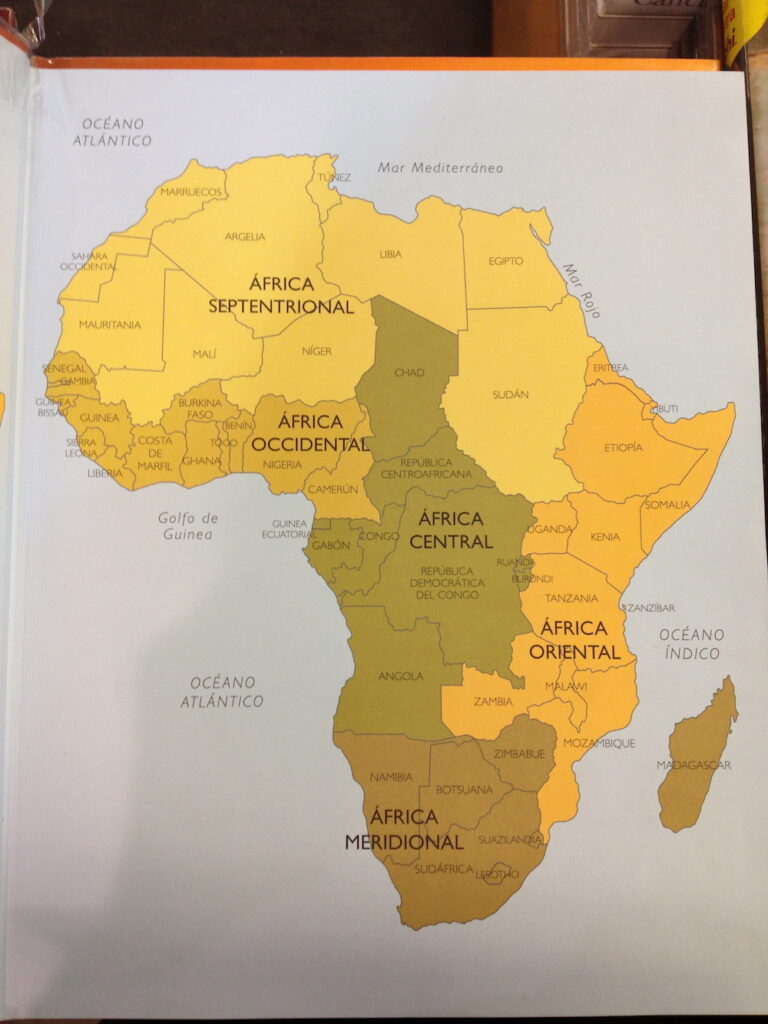
The spellbinding mood of the film reminded me of “Africa”.
At this point in my life, Africa was still far away from my mind. As the title of the CD says,
“From Africa to Camaguey” seems to be an affirmation of our lives in the town of Camaguey, Cuba,
where we were kidnapped as slaves in Africa and forcibly taken.
The title brings back sad and painful memories of the African-American people in Cuba.
The number of people repatriated through the slave trade over the past three centuries is at least 12 million (some say 17 million or 20 million), not only in Cuba, but also in the Caribbean islands and throughout the United States.
When I was in junior high school, I listened to the work of a New York group called Public Enemy,
and I could sense the struggles of people of African descent due to their deeply rooted racist environment,
but this work is clearly different from that “anger”.
The reason for this may be the difference between the origins of the Cuban nation and that of the United States.

The movement called socialism is
personally, I think it’s called Islam
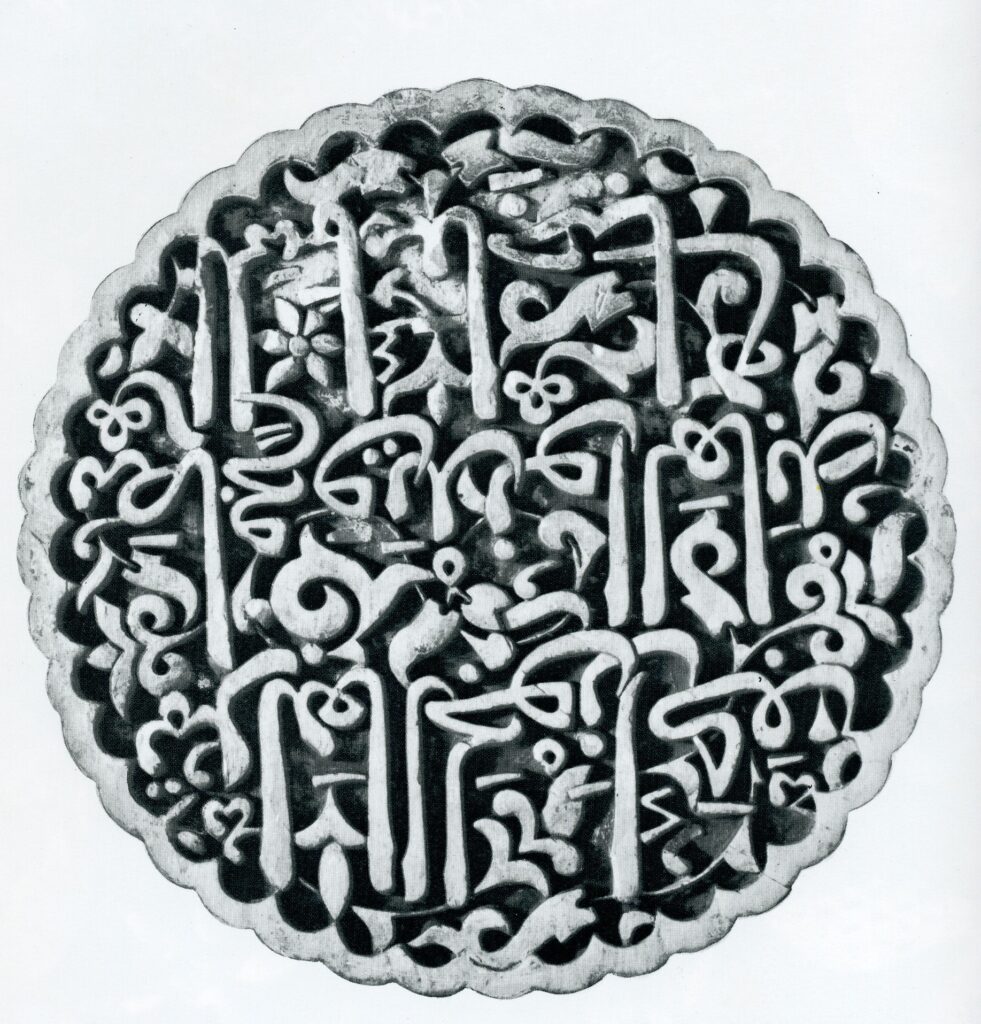
I get the impression that this is a less divine version of a movement that happened 1500 years ago
what makes this Cuba very different from other socialist countries is that
I suppose that’s the point of supporting catholic Christianity.
In other words, it’s connected to the Vatican.
I believe this means that they have a strong backing in this political and social situation.
As for the Vatican’s historical “darkness,” please check it out for yourself,
but anyway, this nation was created by Spain as part of its colonial policy,
of course, it was a young nation that had been created on its own, taking everything from the Indians who had lived there before,
and its secession from its kingdoms and conglomerates as a socialist state,
the situation is clearly different from that of a historically, ethnically, and politically multi-layered nation like Japan,
simply put, there were no “ties”, and it was easy to have a “revolution”.
However, inspired by the Cuban Revolution, young people, especially from South America, Asia, Africa, and the Middle East, started movements in various parts of the world,
and many of them scattered in the midst of their dreams, amidst the ” ties ” between their ideals and reality.
Also, in terms of “ties,” in Latin America and elsewhere, I think the short form is
that the eldest son takes over, and the second and subsequent sons go off and make money somewhere else.
In Japan, for example, in the policy of colonizing Brazil from Okinawa,
it was the second and third sons who were the first to go, just like the situation of European countries settling in the United States.
Of course, I’m sure there are first-born sons who have settled all over the U.S. (lol),
but that sense of ease that pervades the U.S. makes me feel somewhat cheerful, without the obvious first-born stiffness.
In addition, South America has a strong catholic influence,
and the system of festivals called carnivals
is a very important factor in the national culture.
It is a very significant cultural difference that the same Christian subculture? that Protestants do not have.
Many slaves from West Africa were probably brought to Cuba like cargo,
and the inheritance of traditions from Africa must have already taken root in Islam 1200 years ago, just like Buddhism in Japan.
It is not only the image of an uncivilized tribe,
but also its multifaceted cultural background, especially its musical style, that has been preserved in Cuba.
In addition, one of the aforementioned differences between Catholics and Protestants is
that Catholics often have sexual intercourse with Indians and Africans who are slaves, especially with women,
and raise the resulting mixed-race children (known locally as mulattoes) as their own children,
while Protestants almost never do so.
Even if there is forcible rape, they cannot do it openly under their religious values.
As a result, catholics also adopted the African and Indio cultures that their families brought with them.
Symbolic of this was the drum, which North America, due to its Protestant tendencies, did not allow its slaves to play.
As a result, there were few so-called percussive instruments in North America, except for the actual drums.
On the other hand, the percussion music of South America is very rich.
The variety of percussions in South America has become more diverse than in Africa, probably as a result of the mixture of Indians and European cultures.
With such a cultural background, Cuban music is a fascinating, melting “dream” world.
Yes, the key word again is “dream,” which I mentioned earlier in the CD discussion.
The “dream” is not what we see when we are asleep,
but the unformed form of an ideal with a clear will.
However, the success of the socialist revolution is the “reality” of achieving the “dream”,
which is difficult to have in a country like this where we live, and even if we had it,
it would be something that would be ridiculed by the world, something vague,
uncertain, and unrealistic.
In Cuba, however, it’s a different story.
The dream is perceived as something that is as close to reality as possible, something that can be achieved if you work hard enough.
I think this is a big difference, and that sense of “reality” has definitely had a big impact on the people’s outlook on life.
Anyway, Cubans are basically optimistic about life.
This optimism is also a result of the tropical climate.
It was a time when one could imagine that the journey that Indians, Africans, and Europeans took to get there was not an easy one.
There were no airplanes, and many of them would have died on the journey,
whichever side they were on, which means that a very tough people would have gathered there,
and the powerful vibrations of the American continent would have resulted in that very optimism.
The confidence that has survived.
And back to why I decided to go to Cuba,
another reason would be the music called “Santeria“.
And since the aforementioned CD has such a strong influence, I think that is the core of it.
The bottom line is that I was attracted to African ritual music or musical rituals.
The image that people have of it is that it is voodoo, which is actually a form similar to the African voodoo of Haiti, Cuba’s neighbor.
However, whether it is the difference between the French and Spanish colonies, or the difference in African origins,
the groove is clearly different.
Sometimes, or almost always, chickens are strangled during the rituals, which is actually fishy,
but it also makes you feel the freshness of life.
I was actually allowed to watch the ceremony once, and
record with a group of young people who perform the “Santeria” ritual as a dedication.
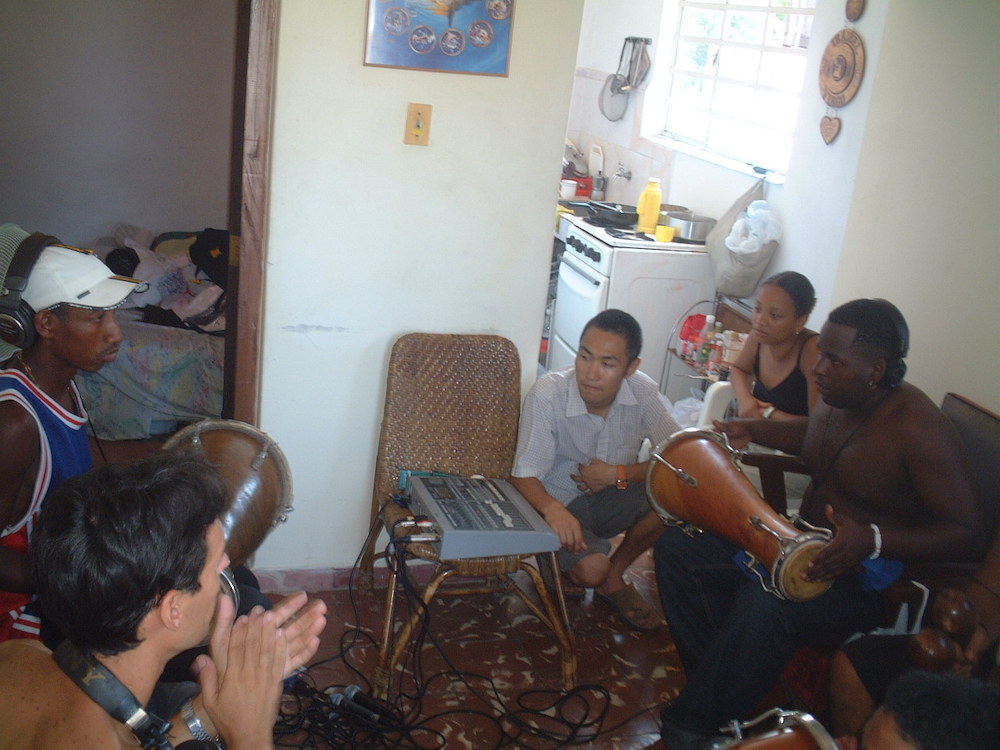
As a report of the actual festival, it was just like a monk’s memorial service in summer in Cuba.
It’s almost like the monk’s recitation of the Buddha during the Obon festival, which we may be somewhat familiar with.
I mean, it’s almost the same.
If the family has some kind of business and wants to clean up the place, for example, to get rid of evil spirits, they pay them to perform, and the family actually joins in.
In fact, I saw the family dancing with them, or rather, falling down with the whites of their eyes right in front of them.
However, when I put it in writing, it sounds somewhat occultic, but in reality, from the day time,
began to drink rum, which was quite good, but cheap,
when the ritual was over, the old lady, who had just collapsed with her eyes white, was
dancing happily to the salsa playing on the boom box,
it was as if she had just suffered from a mild anemia,
I thought it was quite interesting that it was incorporated as a part of daily life.
Dancing to music, going into a so-called trance, conjuring ‘something’ to possess you,
and letting it speak to you are also important elements in this Santeria.
The names of the Yoruba gods, the mythical religious form and ethnic name of Nigeria, the strongest and most crazy country in West Africa, appear in many of the Santeria,
and although the form is an ensemble of instruments unique to Cuba, it is still very African.
The intricate combination of three large, medium, and small double-sided drums called “bata drum” ,
it’s a beautiful groove that can only be described as spiraling, and I was personally influenced by it,
and it was also a worldview that I could relate to from the beginning.
The word “spiral” conjures up images of eternal, continuous shapes, including DNA.
In other words, something as close to the ultimate as possible. Or maybe that’s it.
The bar where we were drinking after the recording session with Eudis that I mentioned last time
was like a bar in a western movie, with a dusty dirt road in front of us.
A man and a woman of about 15 years old were playing music from the jukebox? in the store we were in,
and they were sweating and dancing earnestly to the music.
As I watched those several groups of dancers, I felt that spiral again.
For example, the dance of young men and women who are around 15 years old, which is in a sense a reproductive age,
reminded me that there is a higher pleasure there than sex.
In a way, in a modern way lol, it’s unproductive,
I also thought that they felt a ‘meaning’ that surpassed it.
Life is not just about reproduction.
Humans, and maybe other life forms as well, try to have a meaning to life.
It may be different for each person, but one thing I can say is that we have to face “reality” from the information coming from the five senses that can perceive existence, and do what we can do until we die.
When I wondered what the value of life was in this world,
I personally found a way through music,
and the sight of these dancers gave me a sense of philosophical beauty.
The meaning of “reality” in a dreamlike landscape.
In a place that upholds the “ideal” that all races have “potential”.
<To be continued.>
P.S.
After these recordings in Cuba,
here is the work that I created by overlapping my own reality.
https://crosspointproception.bandcamp.com/album/momentos
https://crosspointproception.bandcamp.com/track/jascadeiro
https://crosspointproception.bandcamp.com/track/lugar-precioso
I hope you will take this opportunity to listen to it.
I hope you can feel the birth and history of the CROSSPOINT label.
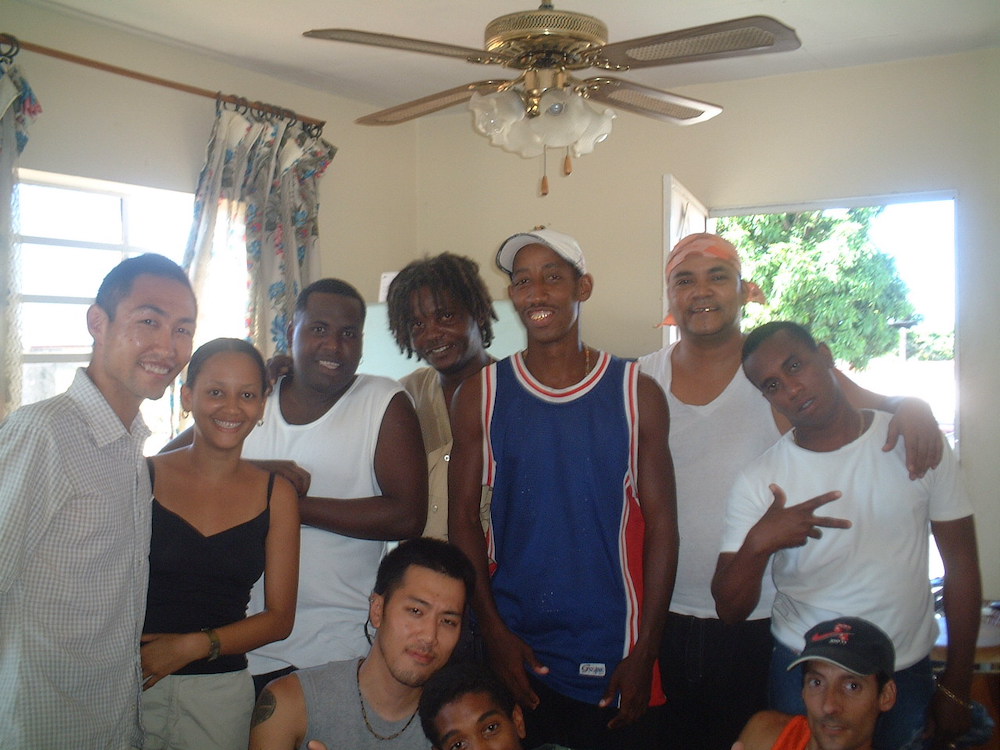
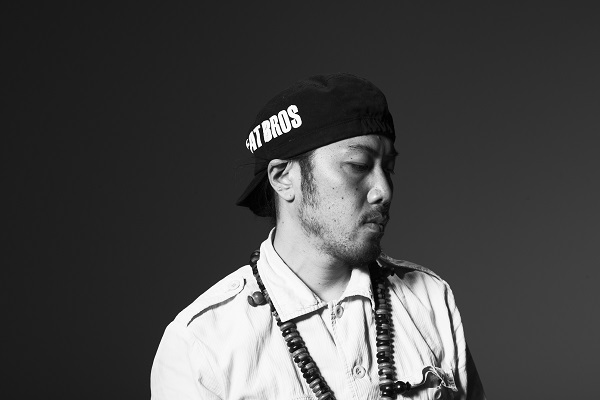
J.A.K.A.M. (JUZU a.k.a. MOOCHY / NXS /CROSSPOINT)
http://www.nxs.jp/
soundcloud / Bandcamp / Twitter / Facebook
Born in Tokyo, he started playing in bands and DJing at the same time when he was 15. As a DJ, his innovative and original style has taken the world by storm, and his activities have quickly expanded from huge festivals to underground parties both in Japan and abroad. In 2003, he went on a recording tour with local musicians in Cuba. In 2003, he went on a recording tour with local musicians in Cuba, and since then he has been recording all over the world, and started his own label, Crosspoint, as a new guideline for world music.
In addition to music production, he also produces video works, picture books and art books, and organized the outdoor festival “Jomon and Rebirth” in 2012. In 2017, he released HIGHTIME Inc. with DJ Tasaka, and in 2018, he released ZERO with MACKA-CHIN of NitroMicrophoneUnderground and MaL of PART2 STYLE. In 2018, he also started the unit ZEN RYDAZ with MACKA-CHIN of NitroMicrophoneUnderground and MaL of PART2STYLE.
In the same year, his music under the name of J.A.K.A.M. was released in analog form on the French label HardFist, which led to a live performance at the huge 30,000-person Nuits Sonores Festival, followed by a DJ tour of Europe and Israel. In 2019, the production of MYSTICS, a unit with Marcus Henriksson and Kuniyuki of the internationally popular Minilogue/Son Kite, began, and this year, 2021, the long-awaited album will be released. His original vision is spreading all over the world, crossing all genres.
He has been behind the decks at home and abroad with:
Acid Arab (FR) / Adam Ffreeland (UK) / Alex Patterson (The Orb, UK) Andy Baz (Background Records, Germany) / Asaf Sammuel (islael) / Dego (4Hero, UK) / Fabio (UK) / Francois K (NY) / Fred P(NY) / Foolish Felix (UK) / Grooverider (UK) / I.G.Culture (People, UK) / Jeff Mills (Chicago) / Joe Claussell (NY) Nick the Record (UK) / Moodyman (Detroit) / Panasea (Germany) PHOTEK (UK) / Storm(MetalHeadz, UK) / Suv (Fullcycle, UK) / Q-Bert & Inbisibl Skratch Piklz, Mix Master Mike with D-Styles, Yogafrog and Shortcut (US) / Theo Parrish(Detroit) / Terre Thaemlitz (US/JPN) / Tom Wieland (Vienna) /DJ KRUSH (JP) / Flying Lotus(US)/ / Boredoms (JP) / FAUST (Germany) / Dennis Bovell(UK) / Dillinger Escape Plan (NY) / Juno Reacter (UK) /Lee Perry (Jamaica) / LKJ (UK) / Lake Trout (US) / Mad Proffesor (UK) / Mala (UK) / Marcus Henriksson(SW) / Meat Beat Manifesto (UK) / Merzbow , MMW (US)/ Yakaza Ensemble(Turkey) etc. His style keeps evolving and defies categorization.